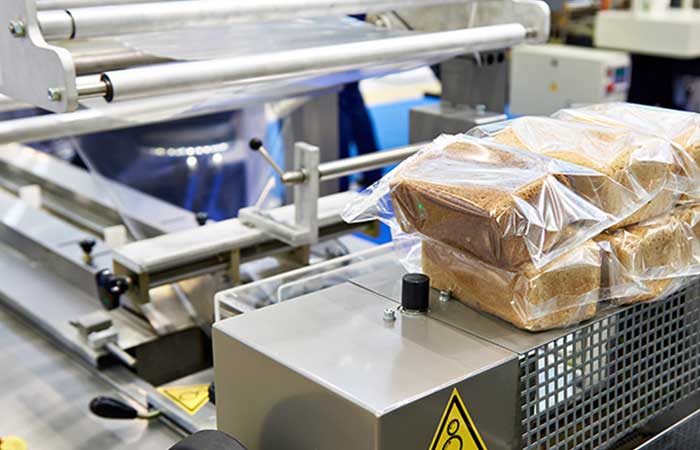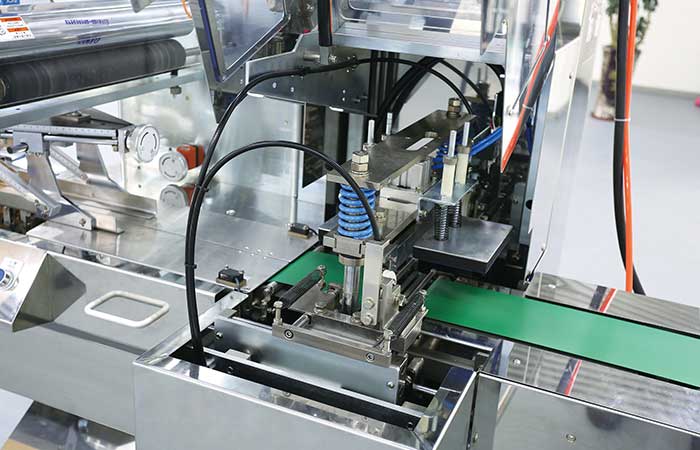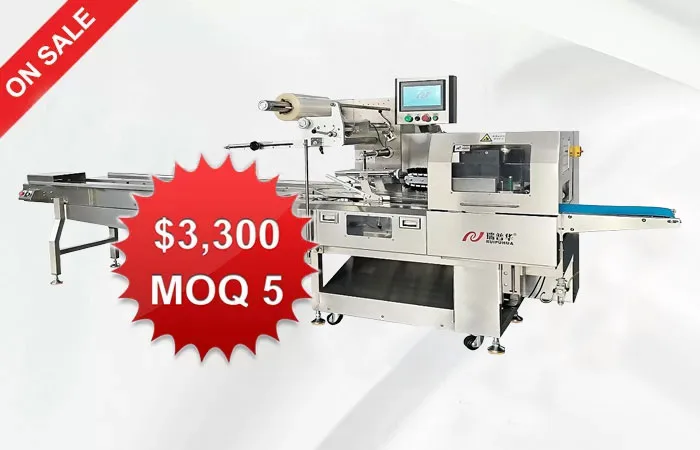Revolutionizing Meal Prep: The Automated Food Packing System
The Future of Food Packing: Automation in Meal Prep
In recent years, the food industry has undergone a transformation with the introduction of automated food packing systems. These innovative technologies are revolutionizing the way meals are prepared, packaged, and delivered to consumers.
One of the key benefits of automated food packing systems is the efficiency they bring to the process. By automating tasks such as portioning, sealing, and labeling, these systems can significantly reduce labor costs and increase productivity. This not only saves time but also ensures consistency in the quality of packaged food.
Another advantage of automated food packing systems is their ability to improve food safety. With precise measurements and controlled packaging environments, the risk of contamination is greatly minimized. This is particularly important in a world where foodborne illnesses are a major concern.
Furthermore, automated food packing systems allow for greater customization and personalization of meal options. Whether it’s catering to dietary restrictions or offering unique packaging designs, these systems can meet the diverse needs of consumers in a way that traditional methods cannot.
The Impact on the Food Industry
As automated food packing systems become more prevalent in the industry, we can expect to see significant changes in how food is prepared and distributed. Restaurants, meal delivery services, and food manufacturers are all exploring ways to incorporate automation into their operations to stay competitive in a rapidly evolving market.
For consumers, the rise of automated food packing systems means greater convenience and access to fresher, healthier meal options. Whether it’s a meal kit delivered to your doorstep or a pre-packaged lunch from a vending machine, the possibilities are endless.
Challenges and Considerations
Despite the many benefits of automated food packing systems, there are also challenges that need to be addressed. From initial installation costs to ongoing maintenance and training, implementing these systems requires a significant investment of time and resources.
There are also concerns about the impact of automation on jobs within the food industry. While these systems can streamline operations and improve efficiency, they may also lead to job displacement for workers who are dependent on manual labor.
The Road Ahead
Despite these challenges, it’s clear that automated food packing systems are here to stay. As technology continues to advance and consumer demands evolve, the food industry will need to adapt to remain competitive. By embracing automation, businesses can streamline their operations, increase efficiency, and deliver a better overall experience to their customers.
As we look to the future of food packing, one thing is certain: automation will play a key role in shaping the way we eat and interact with food. From meal prep to delivery, these systems are transforming the industry one package at a time.
-
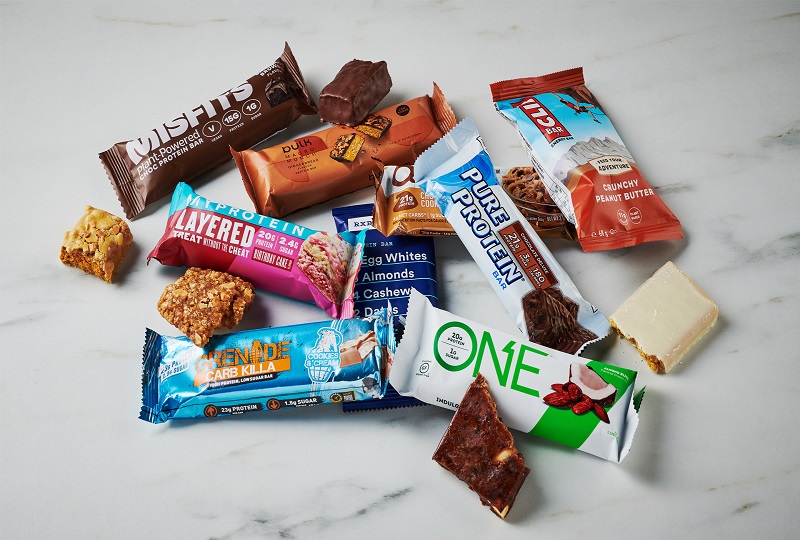 01
01Further Discussion About Protein Bar Packing Machinery
27-02-2024 -
 02
02Sustain The Best Crispy With Automatic Packaging Machines
29-01-2024 -
 03
03Bread Packing Machine For Bakery Business
19-01-2024 -
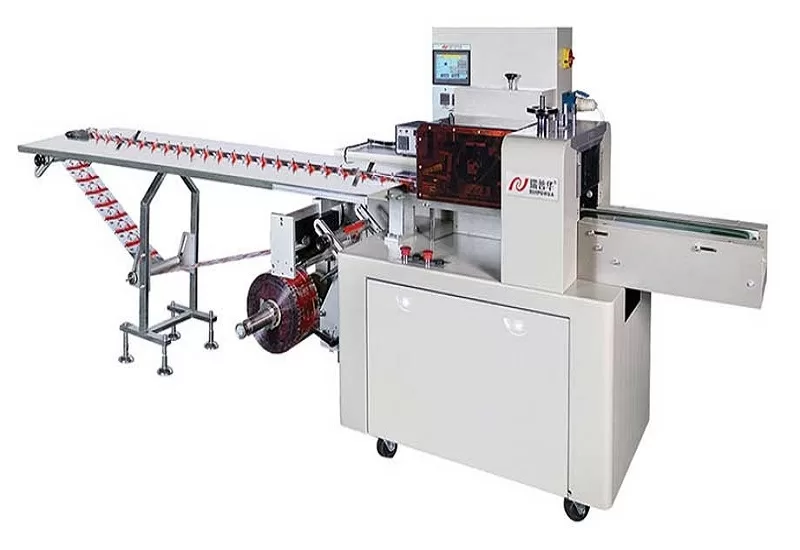 04
04How Flow Wrappers Are Adapting to Changing Trends
01-11-2023 -
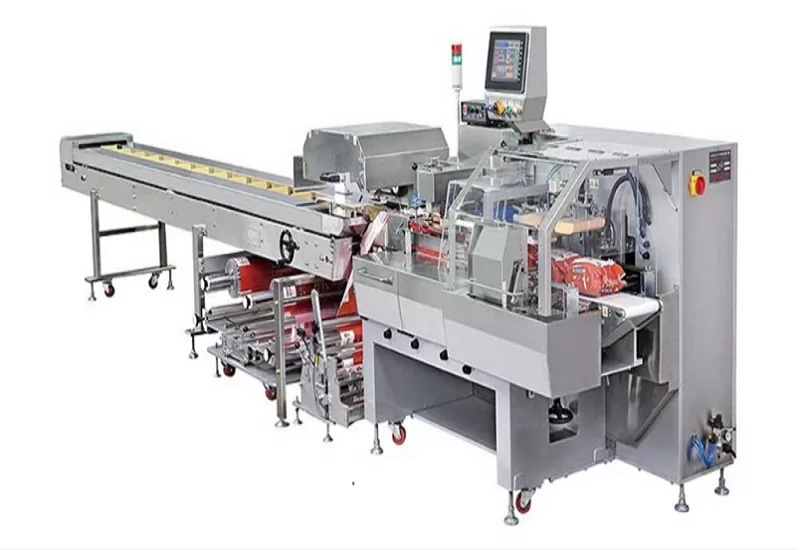 05
05The Comprehensive Guide to Packaging Machinery
31-10-2023 -
 06
06Automatic Cookie Packaging System Performance
01-09-2023 -
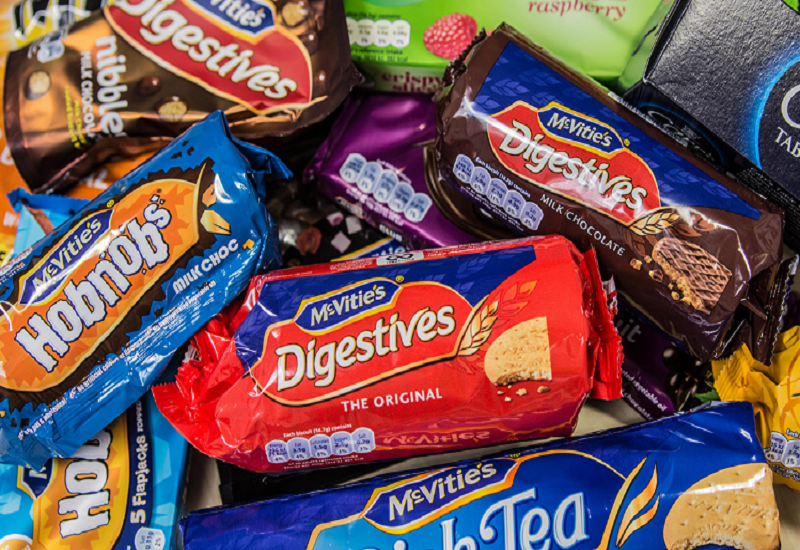 07
07Streamlining Biscuit Packaging with Multipack Biscuit Packaging Machines
25-08-2023 -
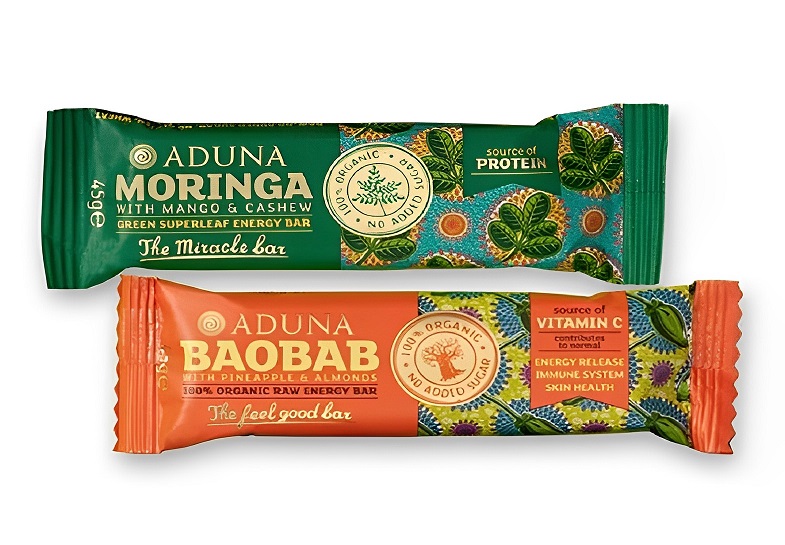 08
08From Assembly To Shipping: The Energy Bar Packaging Machine Does All
28-02-2023 -
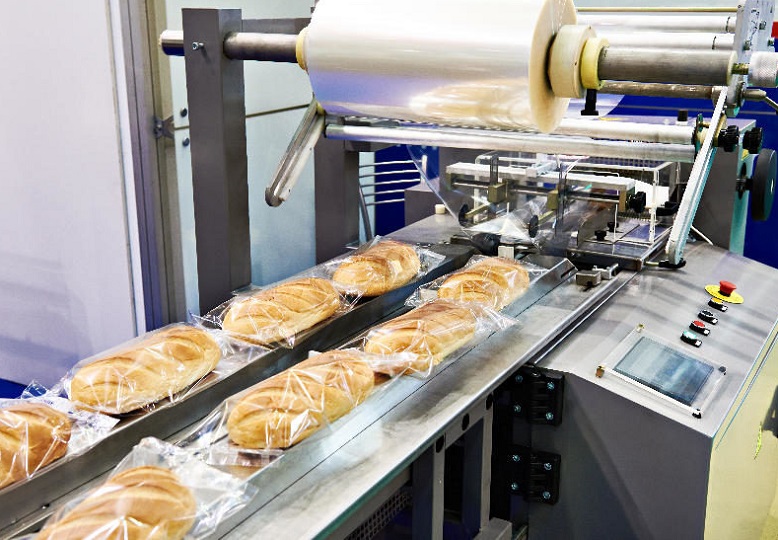 09
09Maximizing Efficiency With Food Packaging Machine Technology
22-02-2023 -
 10
10Clients Hunt For Professional And Functional Packaging Machine
10-11-2022



